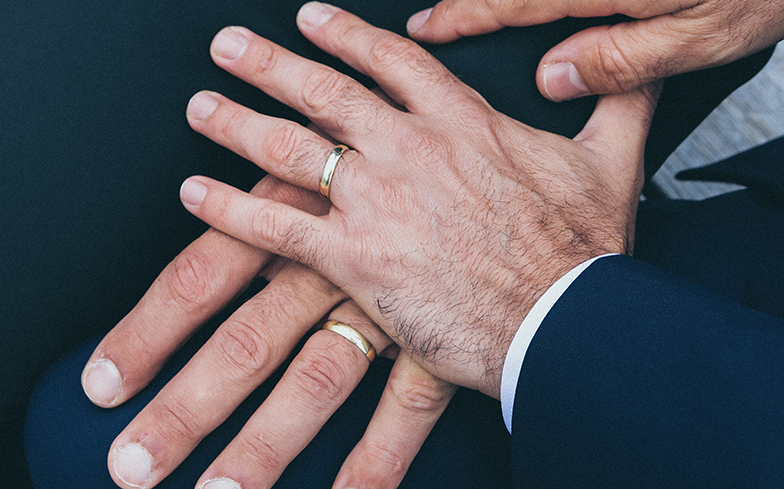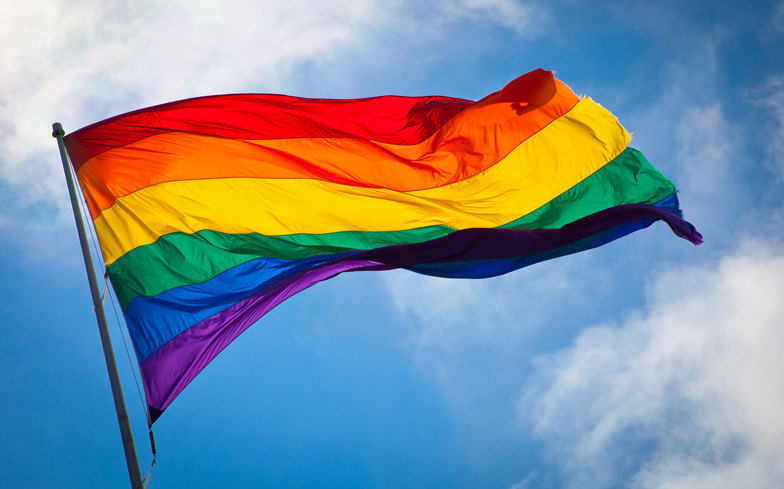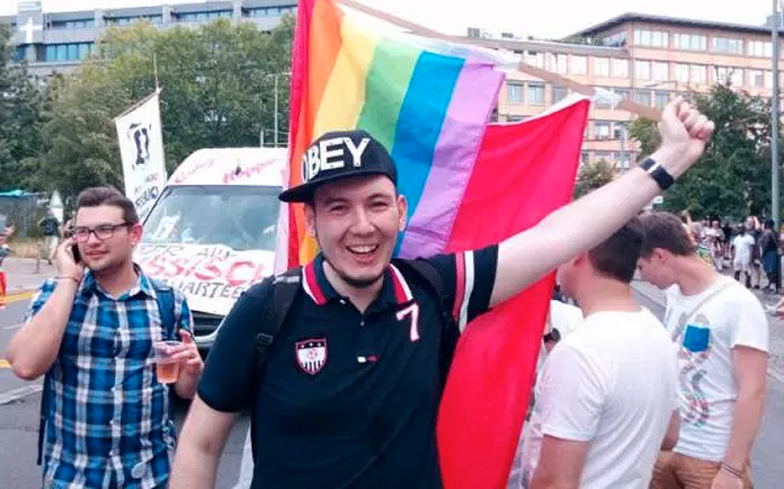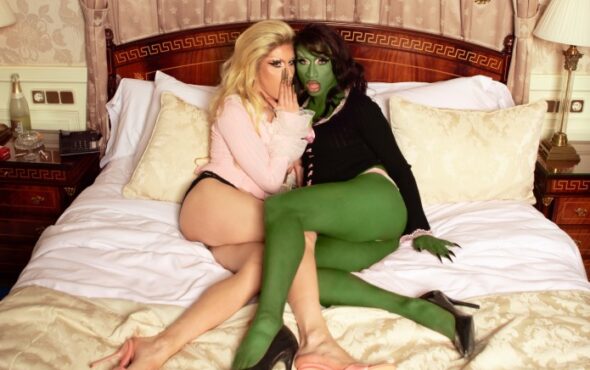
Dmitry Dedov has called for the government in his home country of Russia to legalise same-sex unions.
The official – who sits on the European Court of Human Rights – shared his opinion in a written statement, adding that it would help protect LGBTQ citizens.
“I believe that compromise and social harmony could be found on the basis of mutual respect for human rights and, in particular, for the rights of minorities who do not seek to promote their own way of life, but rather seek recognition of their civil rights, their respect and protection of the state,” Dedov wrote.
“I mean the right to create family relationships that differ from the usual understanding of the union between a man and a woman. Legal recognition of such partnerships can be a starting point for the protection of all other needs usually arising between family members.”
It comes a week after the ECHR ruled that many of Russia’s recent actions against LGBTQ people – such as banning Pride parades – is illegal.

via Flickr
A group of seven Russian activists filed 51 applications with the court, claiming that Russia’s ban on LGBTQ events violates articles 11, 13, and 14 of the Convention of the court.
They argued that the decisions being made by authorities in Russia were violating LGBTQ people’s “freedom of peaceful assembly and freedom of association with others.”
In their ruling, the ECHR wrote: “The Court considers that in the instant case, the ban on holding LGBT public assemblies imposed by the domestic authorities did not correspond to a pressing social need and was thus not necessary in a democratic society.
“The Court also finds that the applicants suffered unjustified discrimination on the grounds of sexual orientation, that that discrimination was incompatible with the standards of the Convention, and that they were denied an effective domestic remedy in respect of their complaints concerning a breach of their freedom of assembly.”
The court did not, however, award the seven activists with monetary compensation that they had requested.
Speaking to Kommersant, lawyer Sergei Golubok said that Dedov’s comments are unlikely to have much impact on Russia’s anti-LGBTQ legislation.

“A dissenting opinion is a statement of the position of the judge who does not agree with the opinion of the majority or his motivation. It can be invoked, but it has no independent legal consequences,” he said.
Russian LGBT Network’s Igor Kochetkov added that they want basic human rights for LGBTQ people before pushing for same-sex unions.
“What kind of same-sex unions can be discussed if we are currently deprived of basic civil rights, such as freedom of assembly,” he said.
These statement come a year after the European Court of Human Rights ruled that Russia’s ‘homosexual propaganda’ was illegal on the grounds that it is discriminatory.
Earlier this year, Russian authorities refused to protect LGBTQ citizens from hate speech, saying that they don’t have a responsibility to.
Related: A minor has just been found guilty of Russia’s anti-gay propaganda laws



